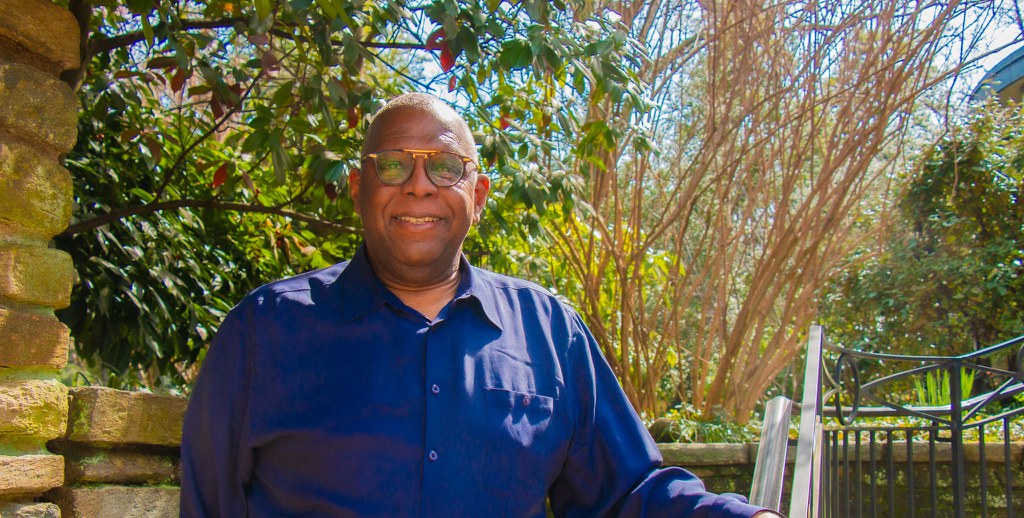The field of landscape architecture has historically been dominated by white men, but in recent decades, we have seen a significant rise in African American landscape architects entering the industry. These trailblazers are breaking barriers and making their mark on the profession.
Breaking Barriers
African American landscape architects have faced numerous obstacles in entering and advancing in the industry. From lack of representation and opportunities to implicit bias and discrimination, they have had to overcome challenges that their white counterparts may not have experienced.
However, these barriers have not deterred the rise of African American landscape architects. Through hard work, determination, and resilience, they have proven their talent and expertise in shaping our outdoor spaces.
Diversity in Design
The inclusion of African American landscape architects in the industry has brought about a new perspective and diversity in design. Their unique experiences and backgrounds influence their approach to designing landscapes, resulting in innovative and culturally relevant spaces that resonate with a broader audience.
Representation Matters
Representation matters in every profession, and landscape architecture is no exception. By seeing African American landscape architects succeed and thrive in the industry, aspiring designers from underrepresented communities are inspired to pursue their dreams and make their mark in the field.
Building a More Inclusive Industry
The rise of African American landscape architects is a step towards building a more inclusive and equitable industry. By creating opportunities for diverse voices to be heard and valued, we can create a profession that better reflects the communities we serve.
Moving Forward
As we continue to celebrate the achievements of African American landscape architects, it is essential to support and uplift their voices in the industry. By recognizing their contributions and advocating for diversity and inclusion, we can create a more equitable and vibrant profession for all.

